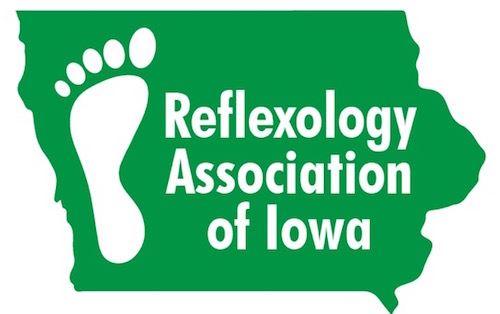| Your State Association of Professional Reflexologists |
12/13/24
It is with a heavy heart that we tell you that Debbie Hitt, a past President of RAIA, left this earth this morning to be with her most Heavenly Father. She passed away at her home which is where she wanted to be. Debbie was 60 years young, and so full of knowledge and energy for Reflexology. She made such a huge difference in this profession. She will be missed by her fellow reflexologists and friends.

___________________________________________________
A few words from out going President, Renita Murrell | October 2024
2024.10_From the desk of Renita Murrell.pdf
____________________________________________________
New RAIA President, October 2024
